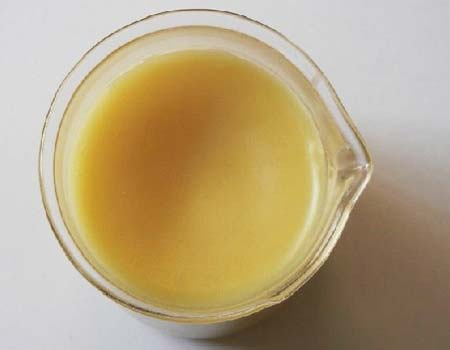Gilsonite, or North American Asphaltum is a natural, resinous hydrocarbon found in the Uintah Basin in northeastern Utah. This natural asphalt is similar to a hard petroleum asphalt and is often called a natural asphalt, asphaltite, uintaite, or asphaltum. Gilsonite is soluble in aromatic and aliphatic solvents, as well as petroleum asphalt.
Due to its unique compatibility, gilsonite is frequently used to harden softer petroleum products. Gilsonite in mass is a shiny, black substance similar in appearance to the mineral obsidian. It is brittle and can be easily crushed into a dark brown powder.
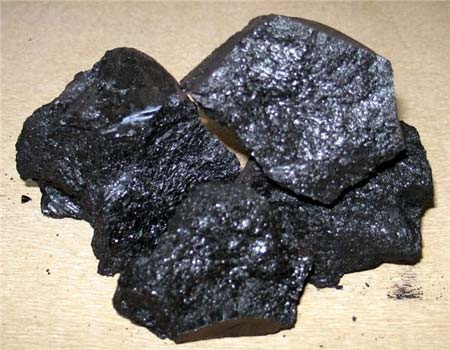
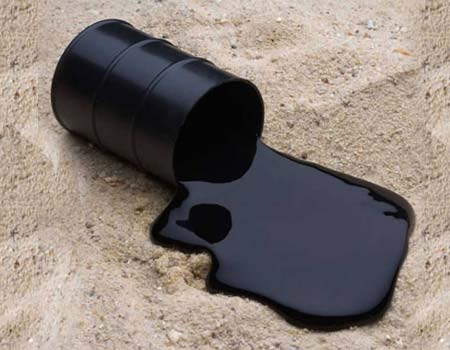
Bitumen is a non-crystalline viscous material, black or dark brown, which is substantially soluble in carbon disulphide (CS2), possessing adhesive and water-proofing qualities
The primary use (70%) of asphalt/bitumen is in road construction, where it is used as the glue or binder mixed with aggregate particles to create asphalt concrete. Its other main usesare for bituminous waterproofing products, including production of roofing felt and for sealing flat roofs.
Rubbers, both synthetic and natural are commercially used to produce products from rubber bands to a toy to the giant tyres for various vehicles including aircrafts. Rubber Process Oils are used during mixing of rubber compounds. These help in improving the dispersion of fillers and flow characteristics of the compound during further processing. IPOL Rubber process oils are specially developed taking into consideration the type of rubber and the end product applications. The range of IPOL Rubber Process Oils is broadly divided in following three categories.
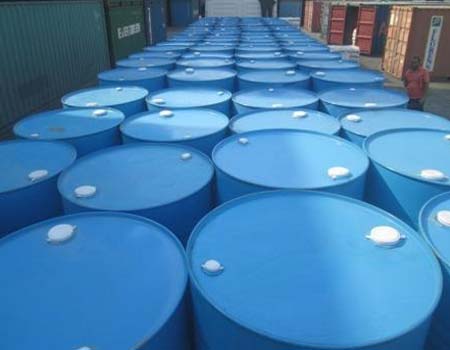
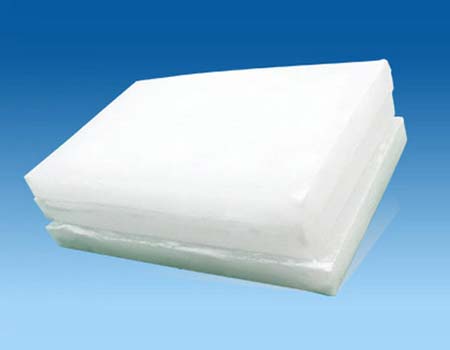
Paraffin Wax is a white or colorless soft solid derivable from petroleum, coal or oil shale, that consists of a mixture of hydrocarbon molecules containing between twenty and forty carbon atoms. Common applications for paraffin wax include lubrication, electrical insulation, and candles.
Slack Waxes are minimally refined high oil products. They are derived from lubricating oils and often find applications "as they are" with relatively high oil content, or are further processed to produce more refined waxes. Most Slack Waxes do not meet FDA requirements for food packaging. Slack Waxes are widely used in the production of wax emulsions, construction board, matches, candles, rust protective products and moisture vapor barriers.
